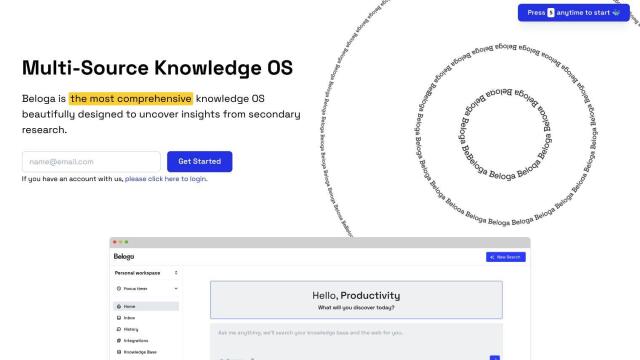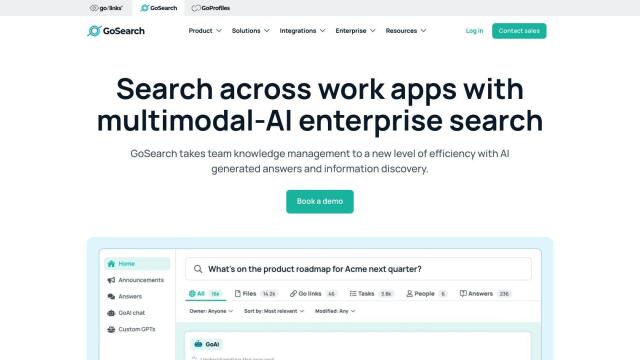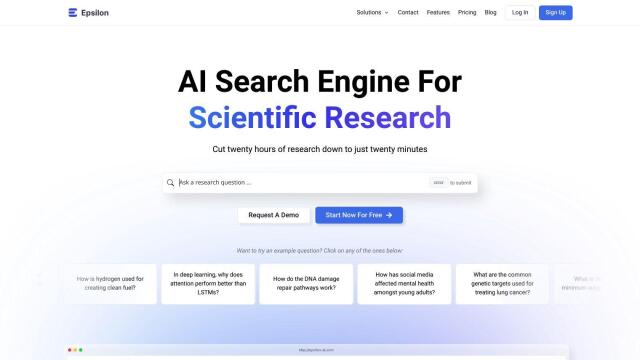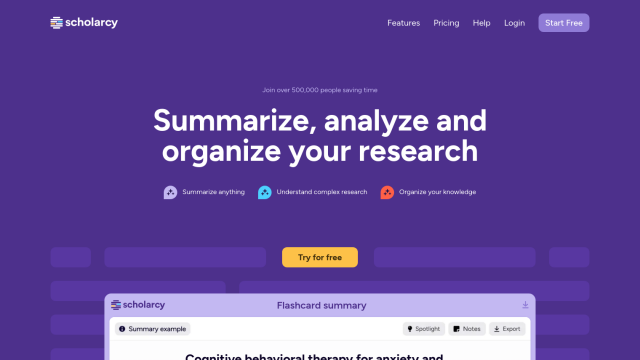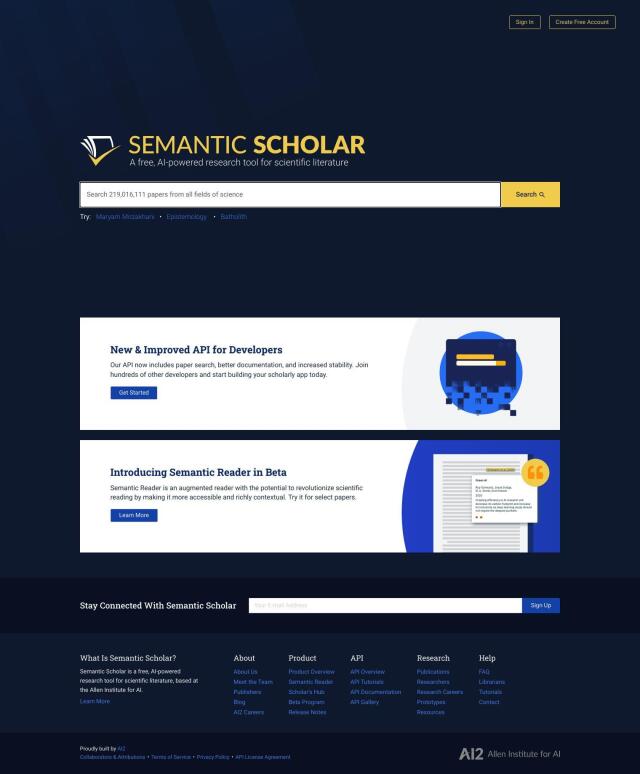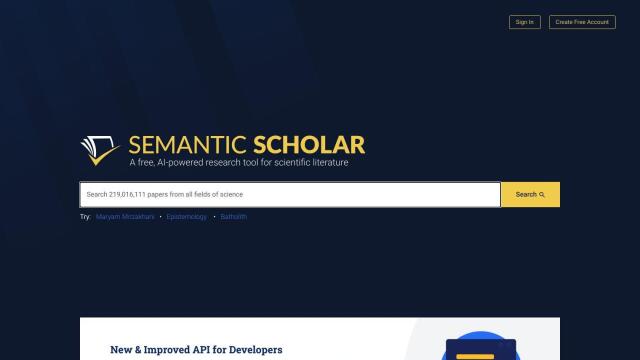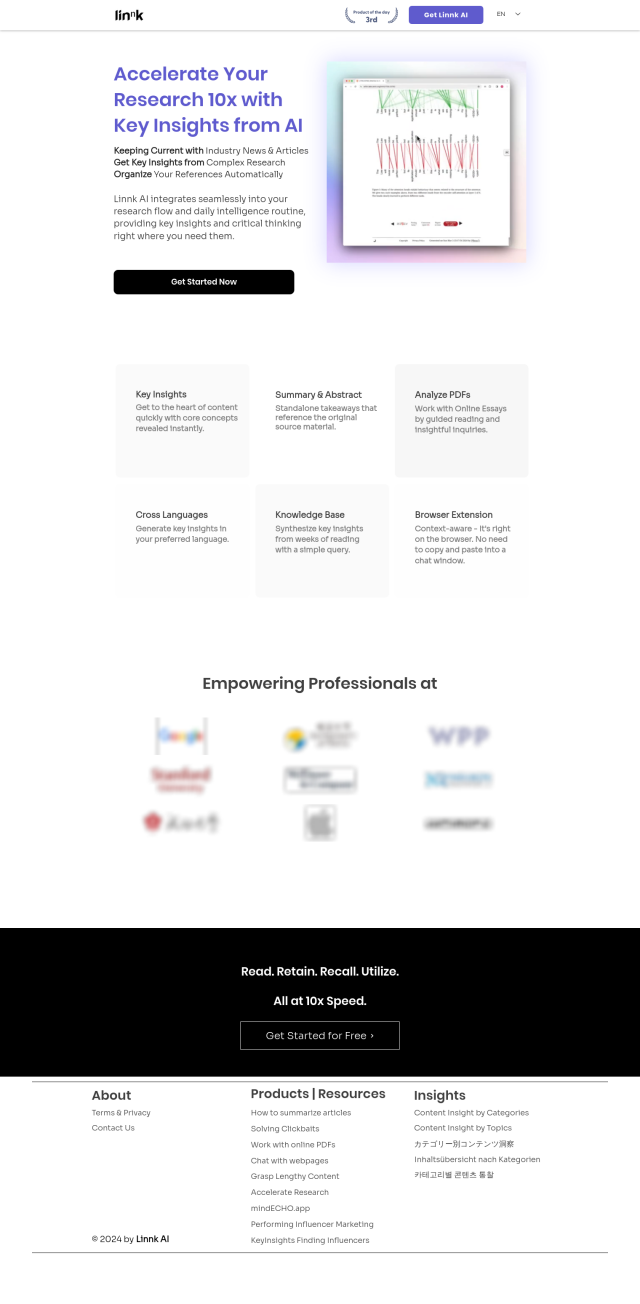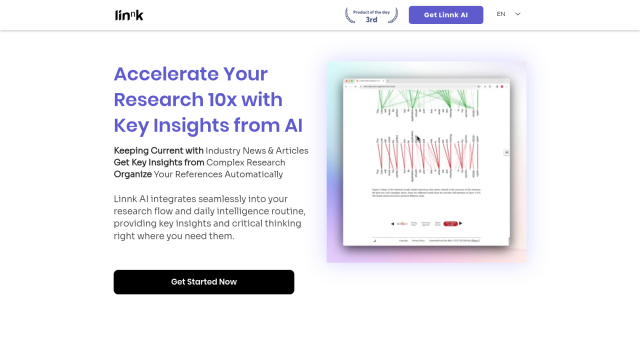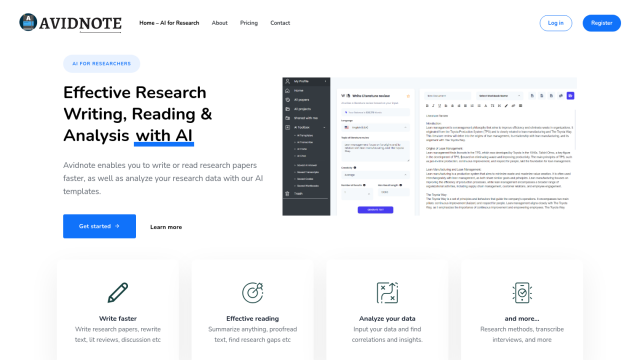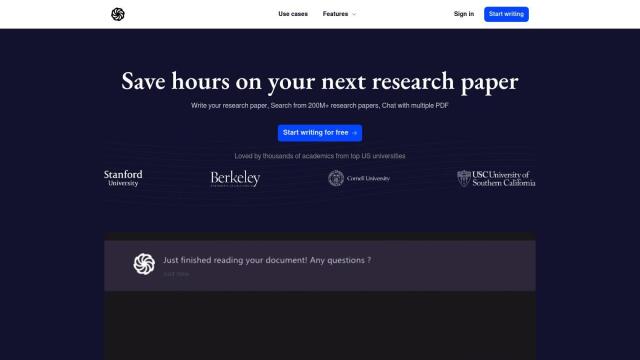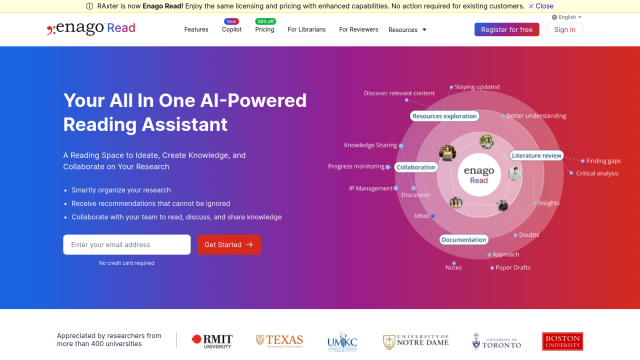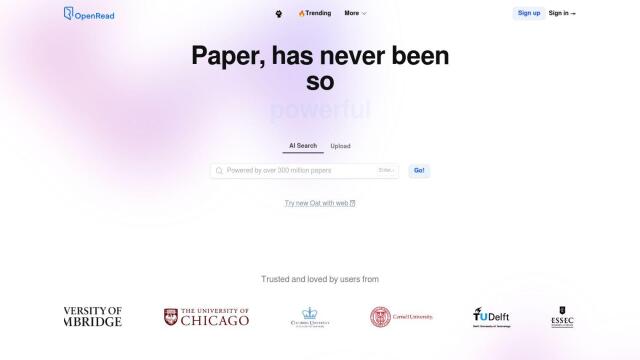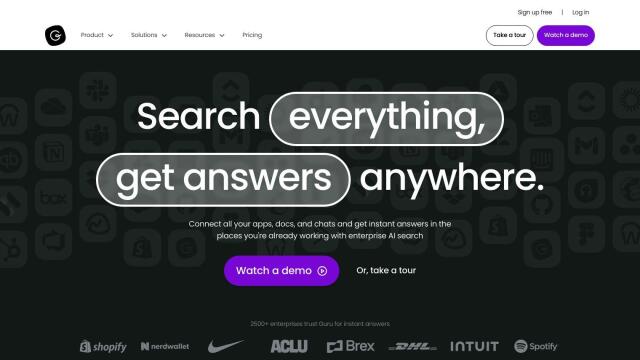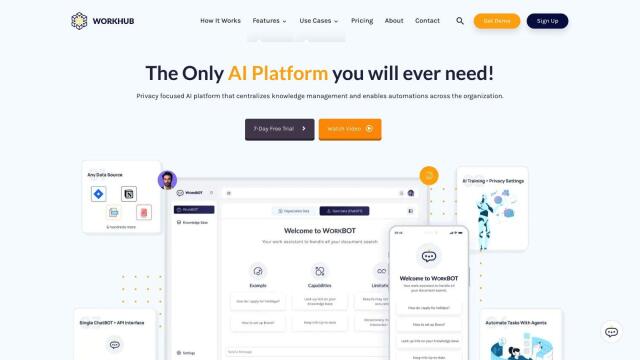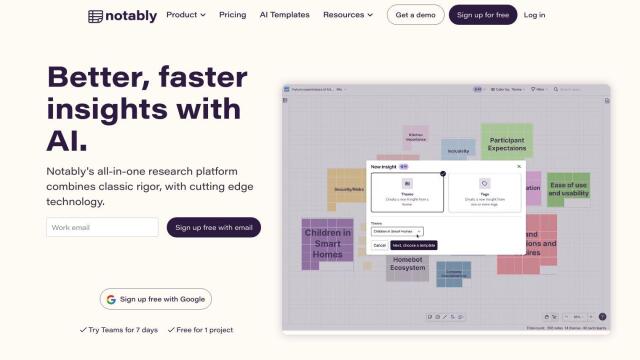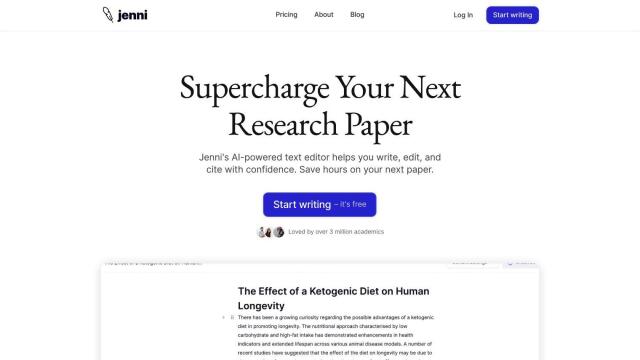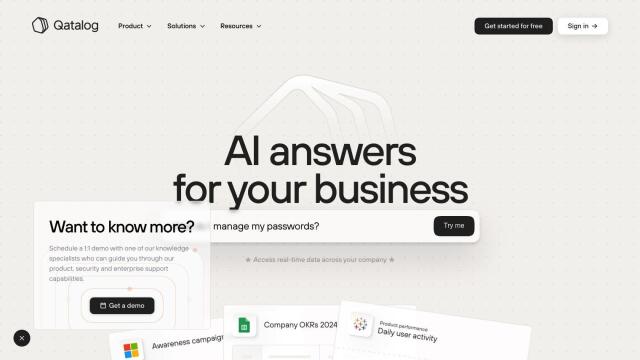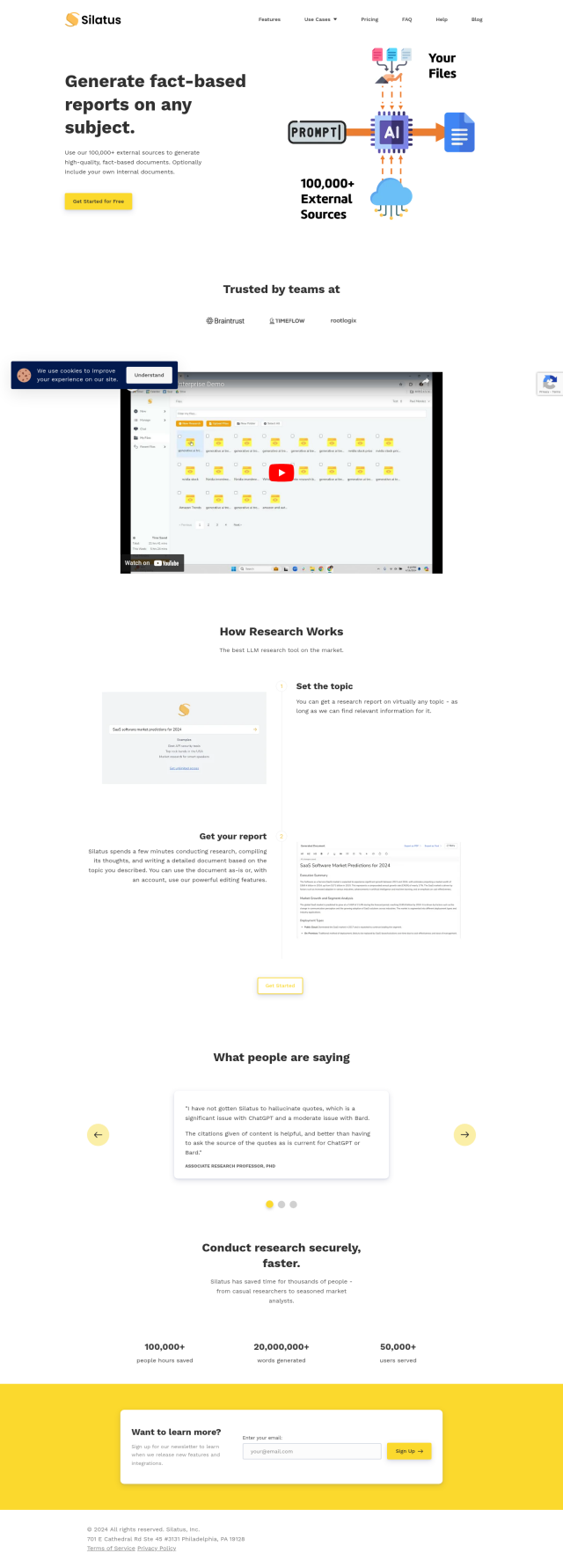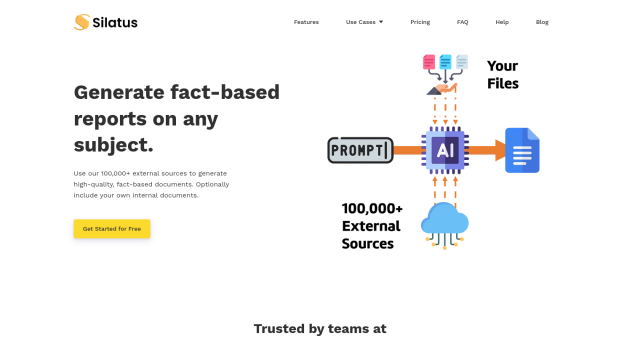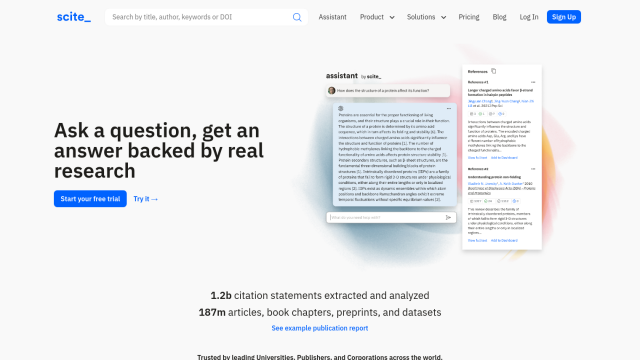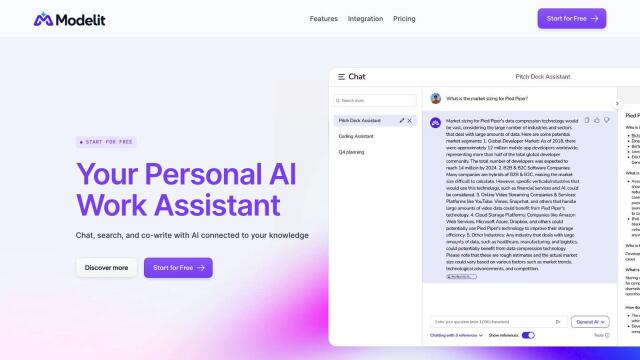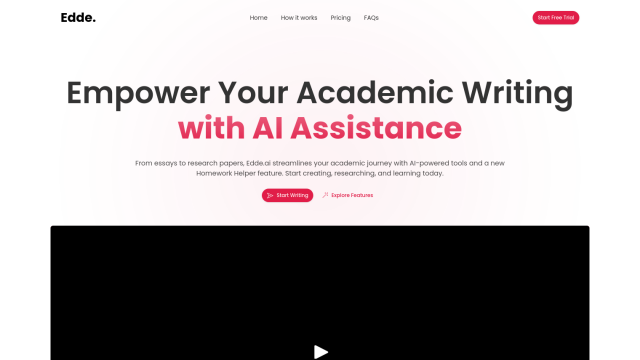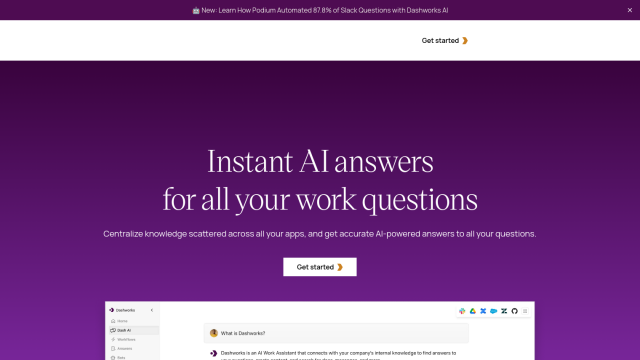

Elicit
If you're looking for a Beloga alternative, Elicit is worth a look. Elicit is an AI research assistant that can help you search, summarize and extract information from more than 125 million academic papers. It's geared for empirical subjects like biomedicine and machine learning, but can also help with literature reviews, finding new papers and automating systematic reviews. It's available in Basic (free), Plus (subscription) and Enterprise/Institutions (custom pricing) plans, so it's good for individual researchers and large teams.


Otio
Another good option is Otio, an AI-native workspace for research and writing. Otio offers features like automatic summarization, AI-boosted text editing and support for more than 20 languages. It can help you create outlines, compare documents and draft first versions, which can save you hours of research and organization time. Otio offers a free plan with unlimited access to AI models, so it's a good option for researchers, students and analysts.

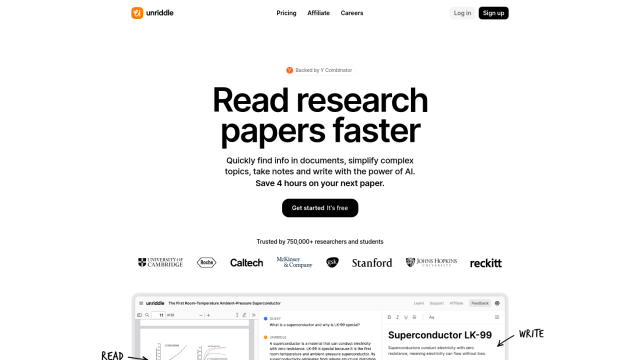
Unriddle
If you have a lot of documents to sift through, Unriddle is an AI assistant that works with any document to give you quick answers, summarize complex information and help with writing. It works in multiple languages, and PDF files up to 10,000 pages long. It offers features like automatically linking sources, creating interactive graphs and collaborative workspaces, which makes it a good option for PhD students and R&D scientists.

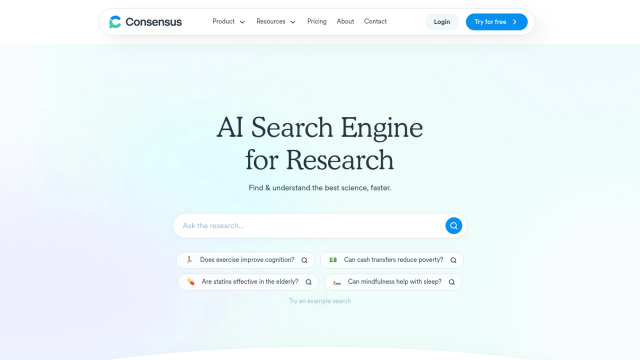
Consensus
Last, Consensus is an AI-powered academic search engine that can help you find and understand the most relevant scientific papers. It indexes more than 200 million papers in all fields and offers AI insights powered by OpenAI. Consensus offers features like GPT-4 summaries, Consensus Meter and filtering options for sample size, study design and methodology, so it's a good option for students, researchers and clinicians. The service is available in several pricing tiers, including a free plan, so it's good for a range of users.

